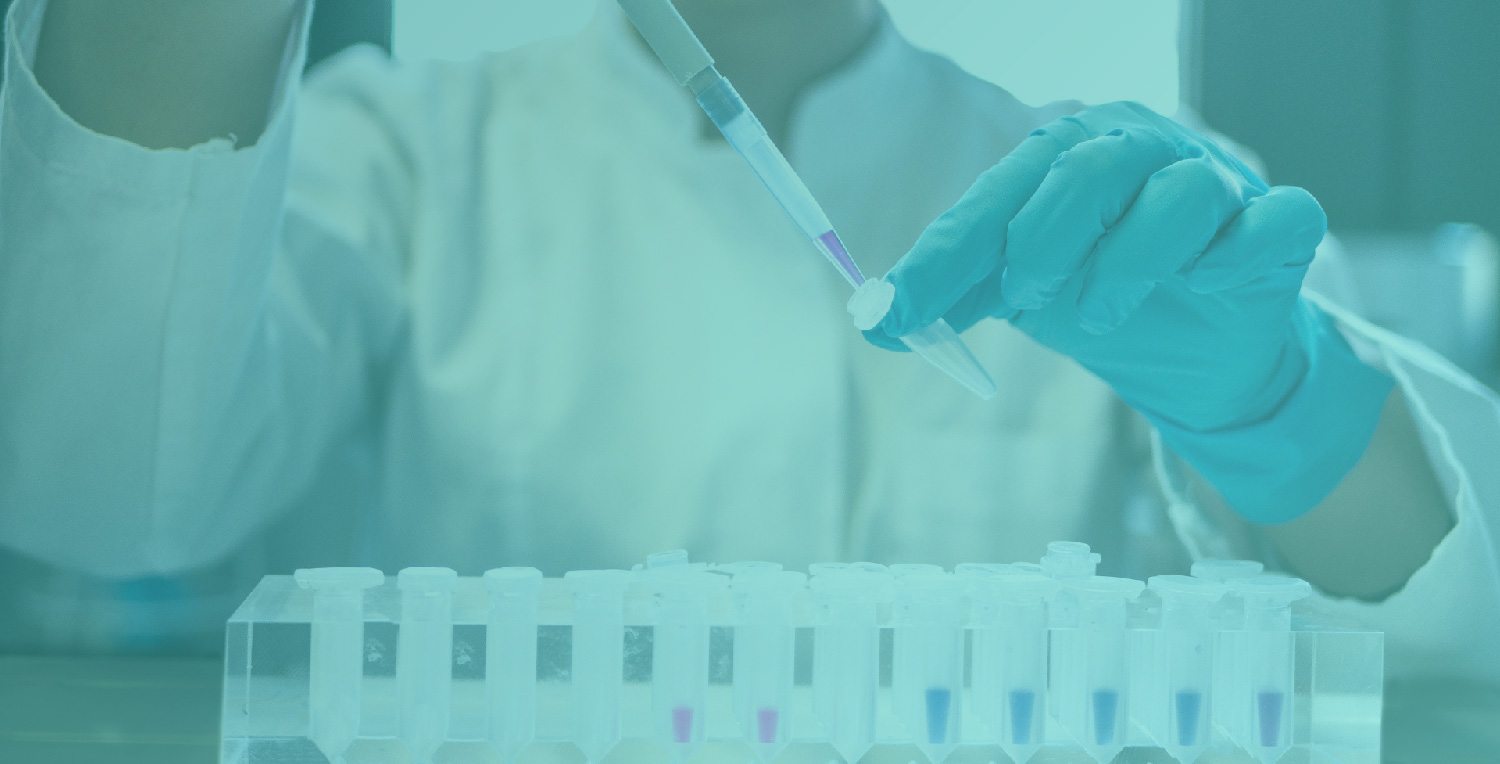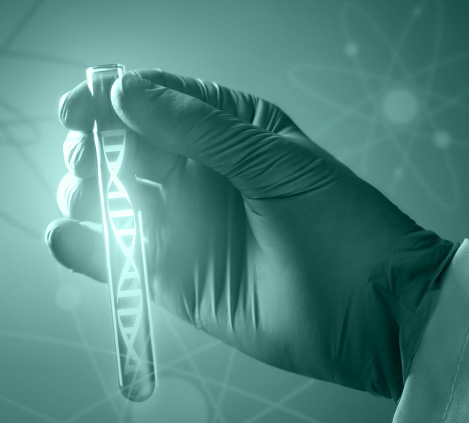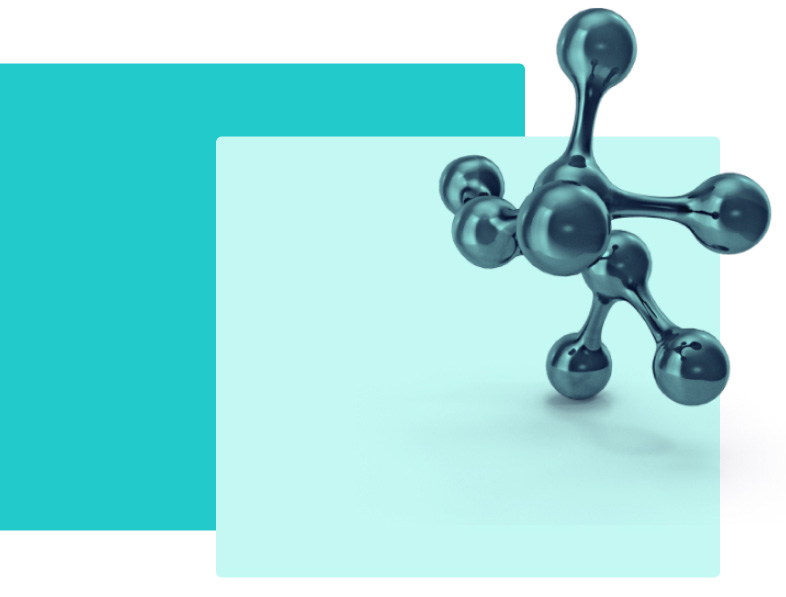Impurities refer to chemical compounds that persist in a material, such as active pharmaceuticals (APIs) or drug product formulations that exist in small quantities, like lead, arsenic, iron chloride, and sulfate. These are the substances that are not intended therapeutic ingredients but appear during manufacturing or storage, Global Pharma Tek finds the right sources to supply impurities like enantiomers, organic, inorganic, etc.






